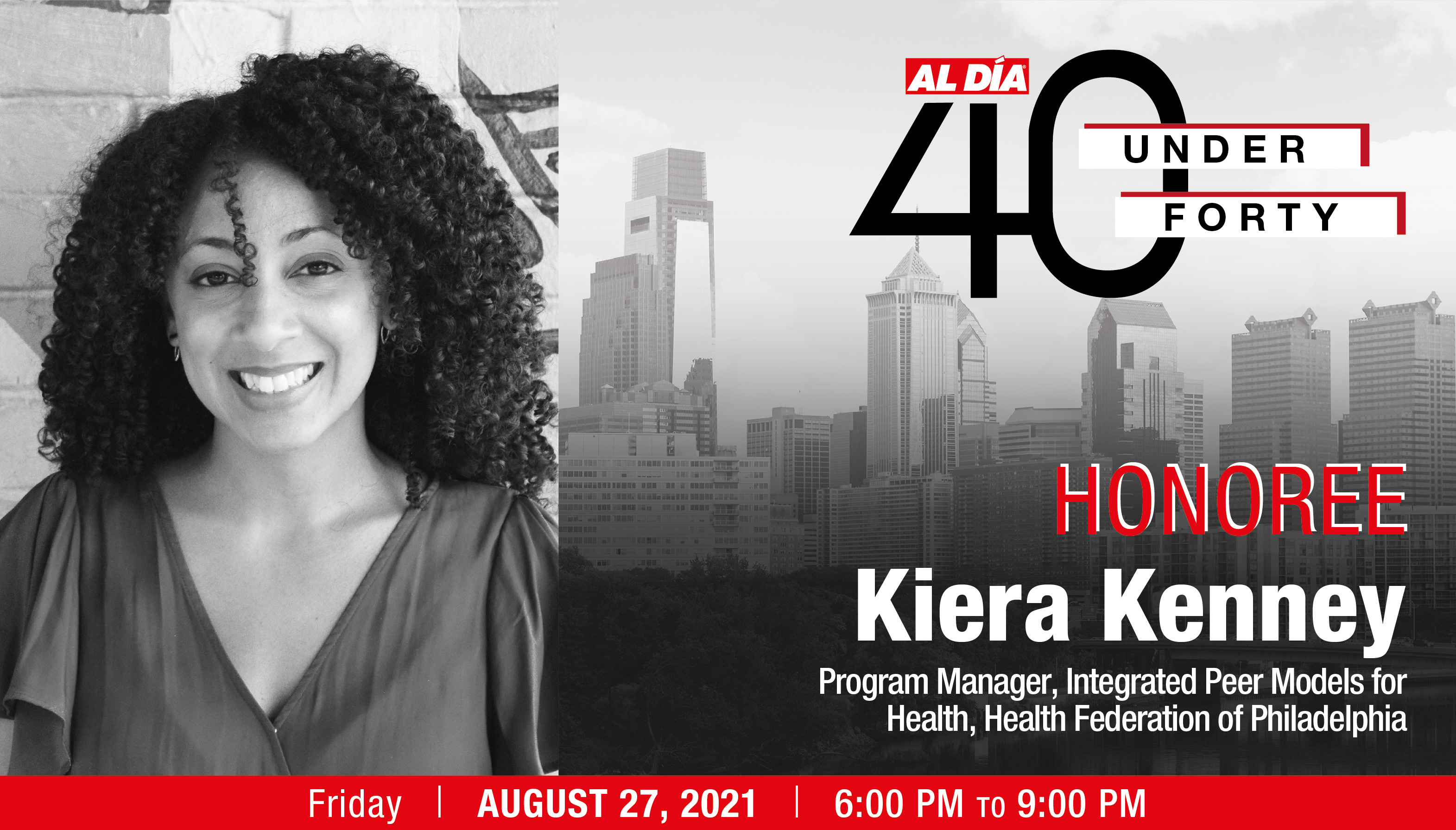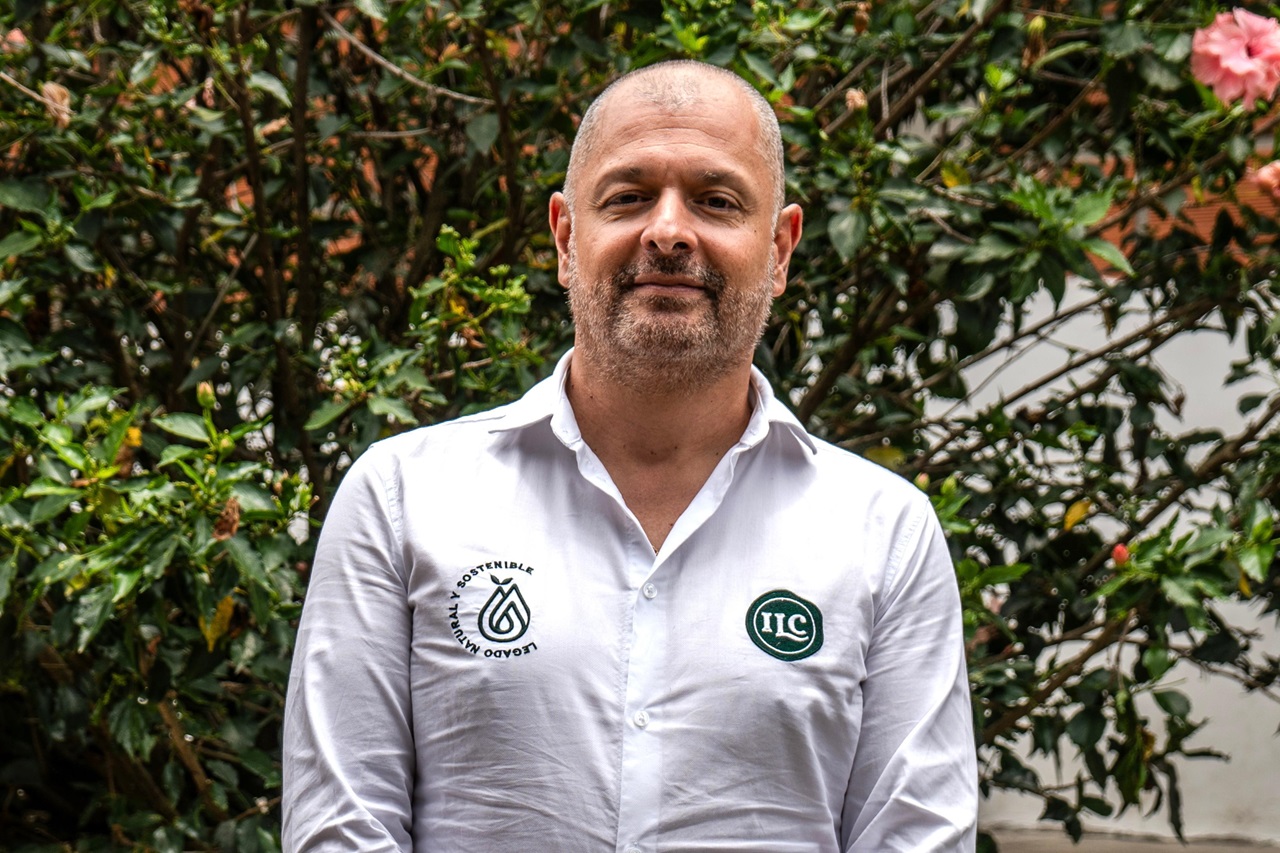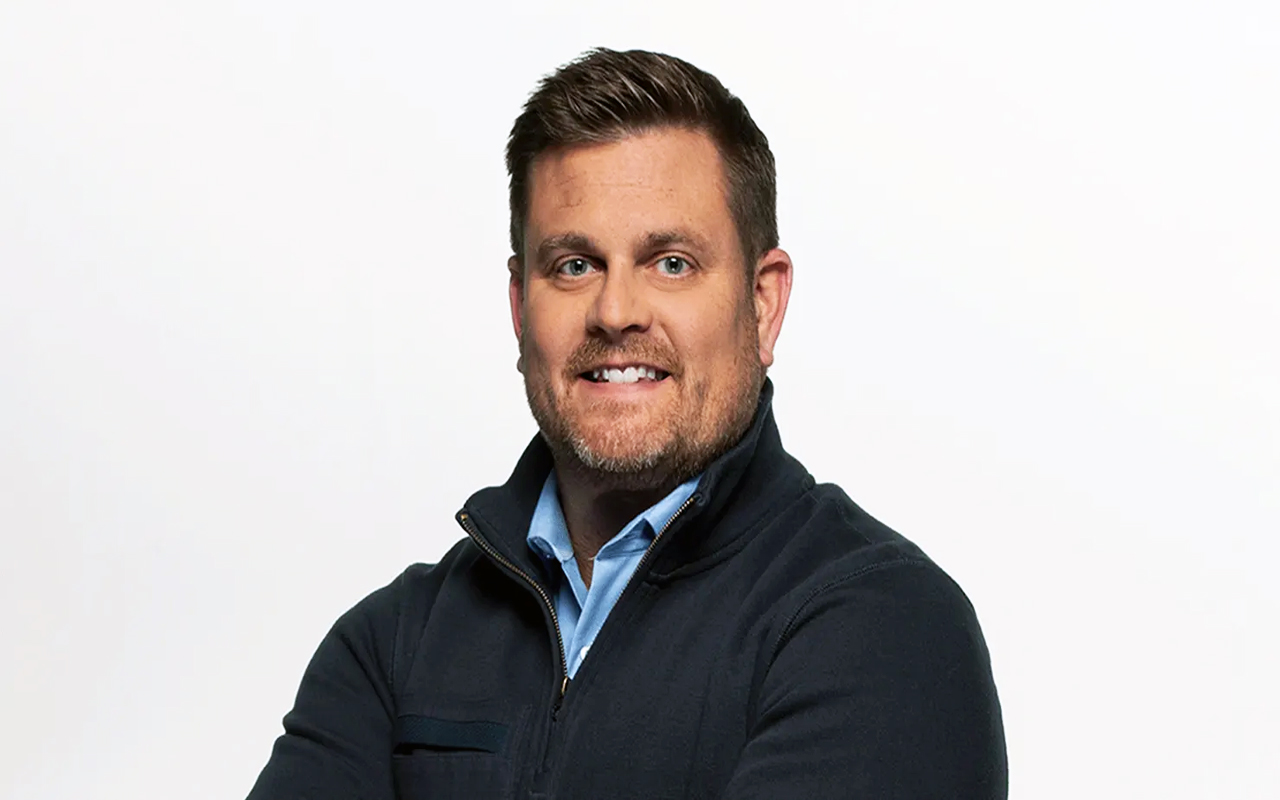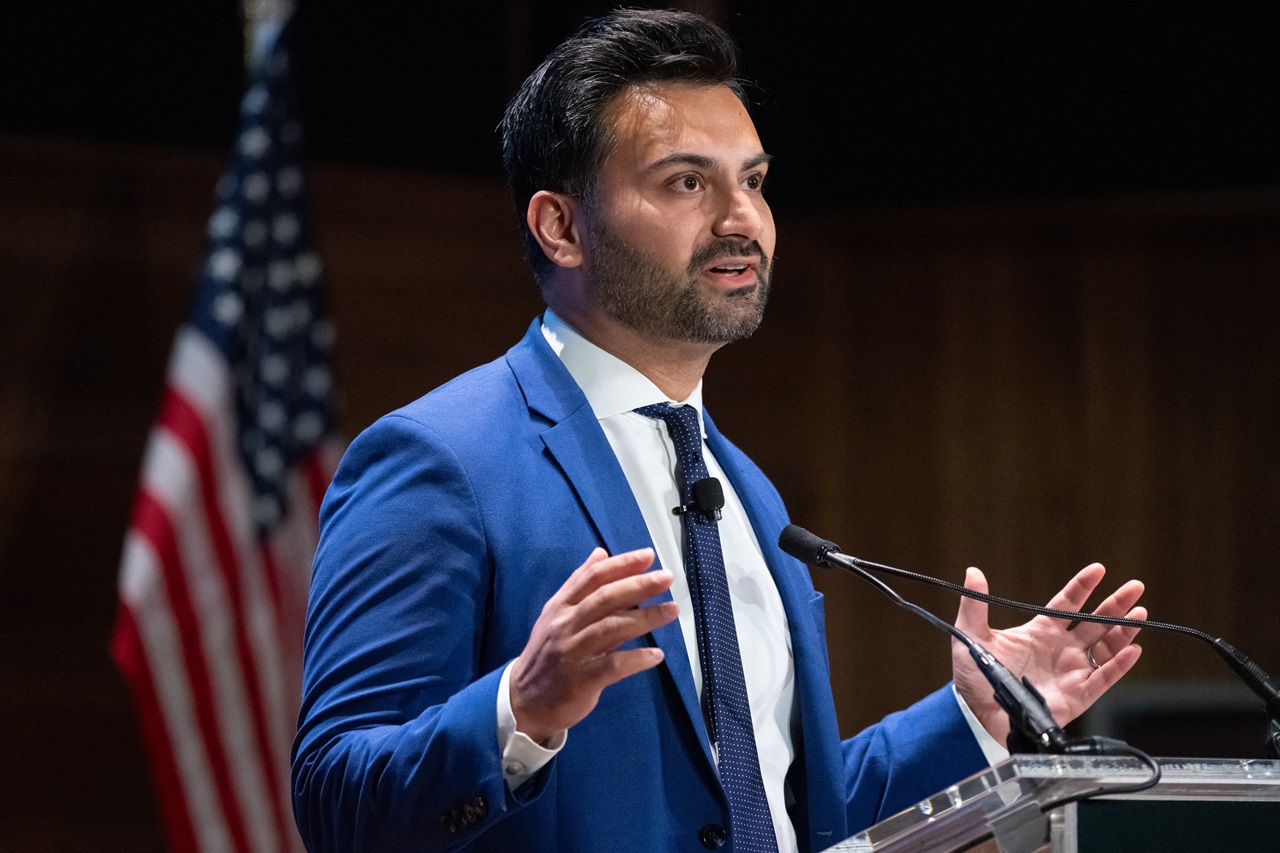
2021 AL DÍA 40 Under Forty Honoree: Kiera Kenney
At the upcoming AL DÍA 40 Under Forty event on Aug. 27, Kiera Kenney will be one of the 40 honorees.
The second annual AL DÍA 40 Under Forty event will serve to highlight and showcase some of the most diverse and impactful young professionals across the Philadelphia region.
At the event, taking place on August 27, 2021, Kiera Kenney will be one of the 40 honorees. Currently, she is the Program Manager of Integrated Peer Models for Health at the Health Federation of Philadelphia.
Kiera Kenney became program manager of integrated peer models for health at the Health Federation of Philadelphia in July 2019. In her role, she delivers high quality, innovative and diverse programming with the combined components of social work and public health to improve health equity in marginalized and disadvantaged communities. Prior to that, Kenney worked over four years with The African Family Health Organization, as coordinator of health & services, and later manager of health and social services.
Kenney earned a bachelor’s degree in psychology & sociology from Rutgers University - New Brunswick. She then went on to complete a master’s degree in social work from the University of Pennsylvania.
The biggest challenges I've faced professionally have been related to doubt, both by others and of myself. People haven't always taken me seriously or acknowledged my expertise and contributions to the work we do. As a short statured, young, woman of color, I’ve wondered how much of the doubt other people feel in my abilities is related to one or more of my identities, or how much their doubt may have contributed to my own. At various times throughout my career I have experienced imposture syndrome, downplaying the merit of my own accomplishments and my ability to do important and impactful work in my own right. I know this is a challenge for so many others as well and one that we may be able to mitigate together. Through building a culture of acknowledgement and engaging in personal work that allows us to be wary of our implicit biases we can celebrate all of our abilities, contributions, and help each other win.
Non-profits and public health spaces are full of empathetic, intelligent, flexible, and hardworking people who tend to be social justice-minded and motivated to do what’s ‘right’. However, these spaces, which champion the needs of marginalized communities, often mirror broader societal power structures, lacking diversity in leadership and adequate attention to internal equity and inclusion practices.
To make a difference, I believe that allyship and D.E.I initiatives can’t be theater, they must be genuine and thorough efforts to dismantle current systems and work cultures that don’t serve all of us. Our sector leaders must be willing to be vulnerable with their colleagues, seek to understand the depths with which their own limitations and practices play into the status quo and hinder the type of progress that we all deserve.
RELATED CONTENT
I also believe that an operationalized commitment to D.E.I should be baked into organizational policies and practices from strategic planning to hiring and firing, engaging representatives across the organizational and constituent spectrum. As staff, we should be given opportunities to anonymously discuss our concerns, weigh in on what’s needed and be part of organization-wide efforts to improve and maintain the integrity of D.E.I initiatives. This includes setting up learning opportunities and tools that position staff and leadership for success and hold the organization and their partners accountable to established standards.
We really can’t afford to question the necessity of D.E.I work any longer or rely solely on financial/productivity outcomes as the driver for these efforts. This work is ultimately about people and the ways in which we directly and indirectly show each other that we are safe, valued, capable and worthy of respect and opportunity. While the steps to improve D.E.I within our industries require real sacrifice and long-term commitments with varied paths, it will always be worth it.
Being a leader is something that happens when we choose to step up to a challenge and give our gifts —our time, energy, and talents, to a purpose that aligns with our values. It’s being willing to take risks, to be wrong, extend grace, and to voice dissent when difficult moments require it. Leaders are vulnerable, authentic, transparent, trustworthy and perpetual learners who regularly strive for self awareness. In doing these things, leaders endeavor to be our best selves, and in the process, help others do the same.
While I believe my professional journey will unfold over time and make space for new interests and self discoveries, I’m confident that 5 years from now, health equity work will still be the focus of my career. I’d like to continue working with peer workforces and/or marginalized communities to collectively achieve new depths of impact and progress in the complex mission for health equity.
I also see myself actively engaged on the board of an organization that does transformational work that I can be proud of, while helping to support other young people find their professional footing.
The most exciting prospect, however, is quite possibly living gloriously student loan-free, finally!











LEAVE A COMMENT:
Join the discussion! Leave a comment.